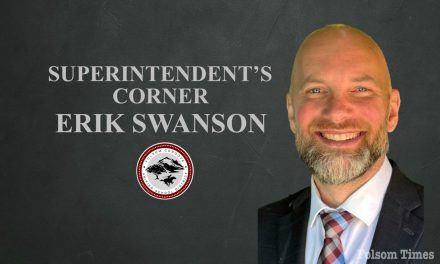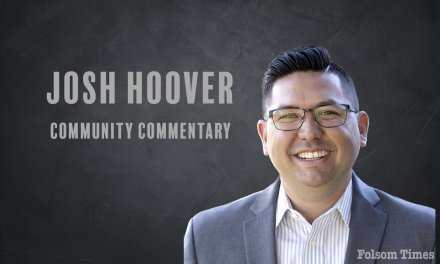Twelve years ago, after weeks of public saber-rattling and secret negotiations, then-Gov. Jerry Brownannounced a dealto settle a high-stakes feud between online retailing behemoth Amazon and retail stores, particularly Walmart, over taxation.
The retailers had complained that while they had to collect sales taxes from their customers, Amazon didn’t collect such taxes and therefore had an unfair competitive advantage.
The issue came to a head when the Legislature passed and Brownsigned a billrequiring Amazon and other online sellers to collect sales taxes. Amazon, which had been planning to build huge fulfillment centers to serve California customers, threatened to abandon the state and spent several million dollars to qualify a referendum that would overturn the new law.
The political duel was averted when Brown brokered a deal under which Amazon would begin collecting sales taxes, but with a one-year delay.
The agreement, which wasquickly written into legislation, would, as Brown claimed as he signed the bill, “create tens of thousands of jobs and inject hundreds of millions of dollars back into critical services like education and public safety in future years.”
While widely portrayed as California winning a showdown with Amazon, the agreement was actually a tactical win for the mega-seller, allowing it to quickly build the first of three-dozen distribution centers and become a dominant retail presence in the nation’s most populous state.
After the hoopla of the deal died down, another significant aspect emerged. State tax officials – the Board of Equalization at the time – initially declared that Amazon would collect taxes on items that it packaged and delivered for independent sellers. But then the board just as quickly reversed itself and in a letter said Amazon did not have to collect those taxes.
In theory, the buyers of those items are obligated to pay “use taxes” in lieu of sales taxes on their purchases, but as a practical matter very few use taxes are voluntarily paid by consumers.
Critics see that as a loophole that costs state and local governments untold billions of dollars and gives online sellers an advantage over stores selling the same items. One critic, Fresno camera store owner Stanley Grosz,filed a lawsuit in 2019aimed at forcing Amazon to collect taxes on sales from their independent affiliates.
So far Grosz has failed to persuade the courts that state tax officials – now in the California Department of Tax and Fee Administration – have failed to do their duty. A Superior Court judge blocked the suit, agreeing with the department that designating who qualifies as a tax-collecting retailer is something the agency can decide however it wishes.
Rebuffed at that level, Grosz took his case to the state Courts of Appeal, which in January issued a decisionupholding the trial court’s ruling. Grosz, however, has not given up. He’s petitioning the state Supreme Court to take up the case.
Grosz is not the only one unhappy with how Amazon’s sales are taxed – or rather who benefits from its taxes.
Manylocal government officials complainthat the share of sales taxes meant to go to their coffers are instead given to jurisdictions that have fulfillment centers or made back-scratching deals with Amazon.
The cities and counties that make such deals agree to kick back a chunk of those taxes to the seller. Four years ago, the Legislature passeda bill to end such kickbacks, but Gov. Gavin Newsom vetoed it, declaring that rebates are “an important local tool that captures additional economic activity, particularly in rural and inland California cities that continue to face significant economic challenges like high unemployment rates.”
Dan Walters is a journalist and author who writes forCALmatters.org, a nonprofit, nonpartisan media venture explaining California policies and politics. Folsom Times is an authorized CalMatters media partner.




